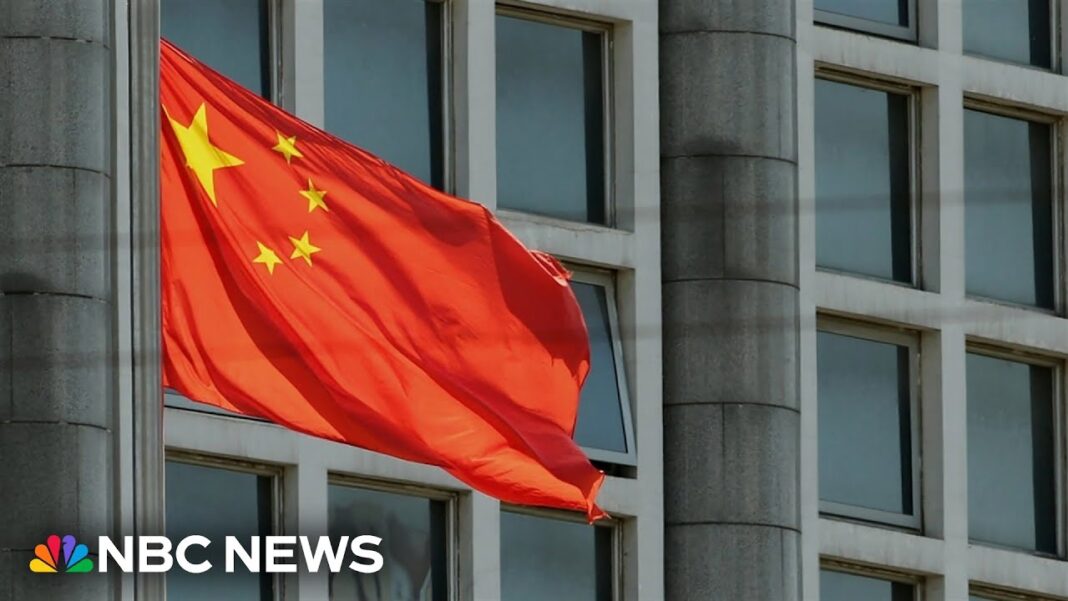
Debate over the visa program has erupted on social media in recent days.
President-elect Donald Trump spoke favorably of H-1B visas for highly skilled workers in an interview with The New York Post on Dec. 28, appearing to align himself with Elon Musk in the ongoing heated debate over the issue.
“I’ve always liked the visas, I have always been in favor of the visas. That’s why we have them,” Trump told the outlet in a telephone interview. “I have many H-1B visas on my properties. I’ve been a believer in H-1B. I have used it many times. It’s a great program.”
The H-1B visa program allows up to 65,000 highly skilled foreign workers annually, plus 20,000 foreigners who obtained an advanced degree from a U.S. institution, to fill specialized roles in the U.S. workforce.
Musk, a former foreign student, initially gained U.S. work status through an H-1B visa and recently defended the program for helping drive innovation and economic growth in the United States. Critics have argued the program undermines domestic job opportunities and lowers wages.
In his first term, Trump implemented restrictions on foreign worker visas and expressed criticism of the program. However, his 2024 campaign hinted at a potential shift, indicating openness to granting H-1B visas, or even green cards, to foreign-born graduates of U.S. universities.
Trump’s remarks to The Post were made a day after Musk vowed to go to “war” in defense of the H-1B visa program in response to critics calling for the visas to be eliminated.
“The reason I’m in America along with so many critical people who built SpaceX, Tesla, and hundreds of other companies that made America strong is because of H1B,” Musk said in a Dec. 27 post on social media platform X, in response to a comment suggesting that the H-1B program should be “optimized” out of existence.
“Stop trying to optimize something that shouldn’t exist.”
— Steven Mackey (@stevenmackeyman) December 28, 2024
“Let’s optimize H1-B.” https://t.co/tij6byJeW2
Earlier, Musk said in a Dec. 25 post that the United States needed to double its number of engineers, citing a shortage of “super talented” and “super motivated” individuals. While he expressed preference for hiring Americans, Musk stressed the importance of legal immigration for attracting the top 0.1 percent of engineering talent.
By Tom Ozimek
Read Full Article on TheEpochTimes.com





